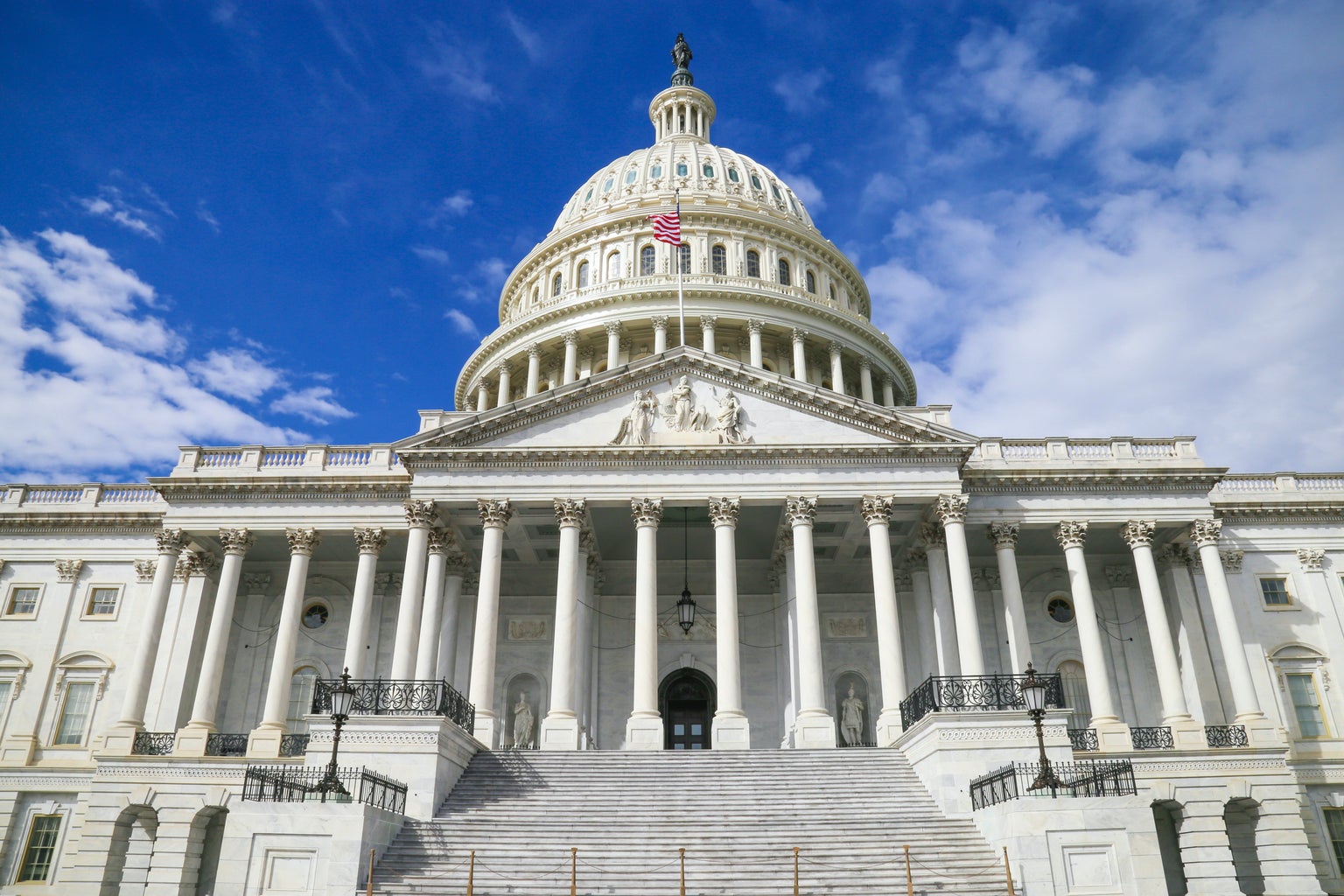Artificial intelligence has officially reached the “U.S. government regulation” milestone.
After decades of protesting, concerns over civil liberties, privacy, worker displacement, fraud and security, on October 30, 2023, President Biden issued an executive order on managing the risks of artificial intelligence (AI). Putting American rights first is the goal for this order, and through this historic milestone, our president has started the global conversation on the future of regulating AI.
According to the White House press release, Biden’s order is grounded in his previous work which brought in support from 15 companies voluntarily committing to develop artificial intelligence in a safe, ethical manner. While my previous article, “Nvidia and Artificial Intelligence,” touches on the topic, this article provides a more in-depth explanation of Biden’s plans and recent developments.
Here is a summary of the items addressed, organized by categories labeled exactly as found on the White House fact sheet for reference purposes:
Safety
- All developers of powerful AI systems must share all safety test results with the government, and any model that has the potential to compromise national security must keep the government in the loop during the entire process of development.
- Department of Homeland Security and Energy will work together and assess risks posed by AI to any critical infrastructure.
- Extensive red-team testing standards will be designed by the National Institute of Standards and Technology—these tests are implemented using ethical hackers to imitate a digital breach in order to test the security of an organization.
- AI Safety and Security Board. The Departments of Energy and Homeland Security will also address AI systems’ threats to critical infrastructure, as well as chemical, biological, radiological, nuclear and cybersecurity risks. Together, these are the most significant actions ever taken by any government to advance the field of AI safety.
- Ensure the safety of biological material by incentivizing proper research and risk management and making it contingent for funding.
- AI-generated content will be clearly labeled by guidelines set by the Department of Commerce
- Secure software and networks using AI cybersecurity capabilities.
- A National Security Memorandum will be established for United States military and intelligence in AI usage for missions, and actions to defend against adversaries’ use of AI.
Privacy
- Provide funding for AI systems that are trained while respecting the data owners.
- Fund a Research Coordination Network to advance cryptographic tools.
- Regulate the use of personal data commercially bought and accumulated by agencies.
Advancing Equity and Civil Rights
- Working towards a guideline on reducing AI discrimination by federal agencies, landlords etc.
- AI best practices in criminal justice: Evidence collection, screening etc.
Standing Up for Consumers, Patients and Students
- Fund research to create affordable and lifesaving drugs.
- Create a safety program to monitor safe and unsafe AI practices for healthcare.
- Use of AI education tools and personalized tutoring in schools.
Supporting Workers
- Ensure worker safety, health and rights by reserving their right to organize, protecting their privacy for data collected through surveillance.
- Ensure the elimination of bias in AI-based screenings.
- Ensuring fair review of employment applications usually tracked by AI software.
- Provide funding for workers displaced by AI and create a report on which sectors are most impacted by this predicament.
Promoting Innovation and Competition
- Create a National AI Research Resource to promote resource accessibility for students and researchers.
- Increase funding for AI research grants in healthcare and climate change.
- Supporting small businesses in AI ventures by providing resources.
- Expediting visa processing to keep immigrant AI talent in the USA.
Advancing American Leadership Abroad
- Lead in global conversations regarding AI.
- Set international standards for AI development.
- Encourage safe and secure AI development that safeguards critical infrastructure.
Ensuring Responsible and Effective Government Use of Artificial Intelligence
- Regulate the procurement, use and data collection of AI materials by agencies.
- Assist agencies get cheaper AI to promote efficiency.
- Hire an abundance of AI talent through various government agency programs.
Read the entire order here and get a detailed, official summary in the form of a fact sheet here.
what has been implemented?
Many programs listed in the order have been initiated already.
The National Artificial Intelligence Research Resource launched a pilot program holding hyperlinks to many in-the-works resource databases, source-codes, artificial intelligence programs such as RAI, patents, and training datasets.
The National Science Foundation also launched the EducateAI initiative, a program meant to foster the development of artificial intelligence skills in K-12 education, community college and undergraduate levels; this program will support Bidens plans to increase the talent pool of AI specialists.
More developments can be found at this White House Fact Sheet.
“Investing in AI education is not just a commitment to technology; it’s an investment in empowering educators and the next generation of AI workforce with the skills and knowledge to navigate an AI-driven world. EducateAI is about empowerment and inclusivity, ensuring that every student has the opportunity to not only understand AI but to actively contribute to its positive evolution,”
Margaret Martonosi, NSF assistant director for Computer and Information Science and Engineering (CISE)
in recent news
“When government agencies use AI tools, we will now require them to verify that those tools do not endanger the rights and safety of the American people,”
-Vice President Kamala Harris
Reported by the Orlando Sentinel, VP Kamala Harris delivered an address on the use of artificial intelligence at a healthcare-government event held in Raleigh, North Carolina on March 26th, 2024. New regulations announced by the White House state that all U.S. federal agencies must properly vet and ensure the harmlessness of their tools to the public. In the event of risk to citizens’ rights to privacy or otherwise, they must cease usage immediately. The services have been used for immigration, housing, child welfare and many other reasons; with the deliverance of this address, the government appears to be cracking down on the usage in each section. Harris gets specific with her examples, citing that AI use in hospitals must be properly inspected to ensure that no unfair diagnosis occurs to racial bias. The second part to the new regulations is the requirement of an Artificial Intelligence Chief in each agency, to oversee the implantation, usage and results of the tool.
More than 60,000 searches using facial recognition technology have been conducted over the span of seven federal agencies including the Federal Bureau of Investigation, without implementation of AI training to staff according to the U.S. Government Accountability Office.
An overview of all uses of artificial intelligence within the government can be found here.
AI is an ever-changing and always-in-development topic. On March 28th, 2024, the Office of Budget and Management published this memorandum on “Advancing Governance, Innovation, and Risk Management for Agency Use of Artificial Intelligence.”
With the high demand of medicine, law, research and development, depending on artificial intelligence tools’ convenience and ease of use seems very enticing. Although the complex, invasive nature of it can pose a concern for the average citizen, the benefits can hardly be denied. President Biden’s work on the promotion of beneficial AI use seems to be forging the way for a new chapter in the digital era of humanity. It’s only left to see how intertwined technology and humankind can really be.




